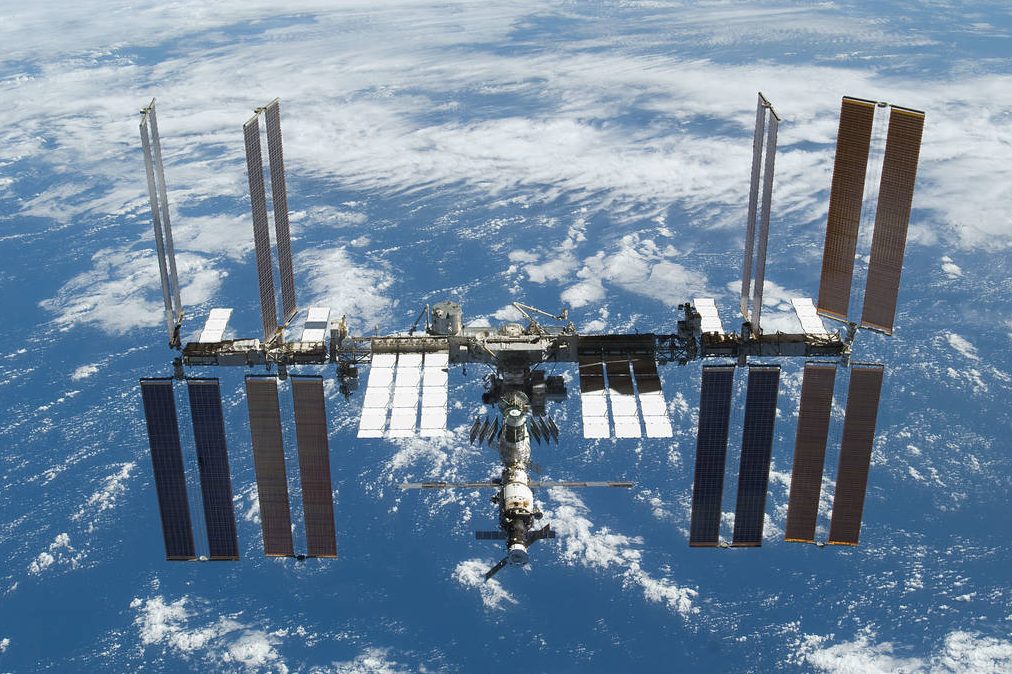It’s been a busy month in space. Between the return of Boeing’s problematic Starliner (sans the two astronauts currently stranded on the International Space Station (ISS)), the first private commercial space walk by the tech billionaire Jared Isaacman, and the new contract that NASA recently awarded to Elon Musk’s SpaceX, the commercialization of space has accelerated and grabbed headlines. The transition from government programs to private and commercial space exploration has been happening for a long time. More companies are moving into the sector to help with everything from supporting the retirement of the ISS to furthering research done in both orbital and suborbital space.
Sierra Space, a commercial space and defense company based in Colorado, is one of those companies. It has partnered with NASA to build and fly an autonomous resupply vehicle to the ISS. The company is also working on an inflatable space habitat called LIFE (short for “Large Integrated Flexible Environment”), which will form the building blocks for a future space station.
This is all taking place as the ISS moves into its sunsetting stage: a time when NASA, the Canadian Space Agency, the European Space Agency (ESA), the Japan Aerospace Exploration Agency (JAXA) and Russia’s Roscosmos—all partners on the ISS—plan to decommission and deorbit it by 2030 and transition to lower-orbit commercial space stations built and maintained by private companies like Sierra Space.
“Space is bipartisan. NASA is always challenged to get enough funding for all of the science that they want to do, given all the other priorities out there,” Angie Wise, the Chief Safety Officer and SVP of Mission and Quality Assurance at Sierra Space, told Observer. “What we’re starting to see is that in the commercial industry, investors are really interested. We are seeing more and more people interested in investing in these private companies because they do see the long-term payoff there.”
The commercialization of space is inevitable because governments “wanted someone external [to carry some of the costs of space exploration], and a lot of aerospace companies and manufacturers had very good capabilities, and they saw potential there for partnerships,” Dafni Christodoulopoulou, a space analyst at Analysys Mason, told Observer.
The global space economy is estimated to reach nearly $1.7 trillion by 2033, according to Analysys Mason, and it has many facets. In the coming years, everything from science and medical research to mining, military work and tourism will take place outside our atmosphere, and this presents a huge financial opportunity for companies looking to make a handsome profit from the future of space.
To get there, though, these companies have to cross many hurdles, including a very high bar for human safety, as well as legal issues, including aging space law. Historic disasters like the space shuttles Challenger and Columbia still hold significant sway over public and investor perceptions of the safety of space exploration. The Polaris Dawn spacewalk last week raised some relatively significant alarm bells for international legal space scholars because, technically, it violated a 50-year-old space law outlined in the Outer Space Treaty, which was signed by 111 different countries in the 1960s.
While these factors will continue to impact the future of space commercialization, the transition is clearly here, and it’s accelerating rapidly. Axiom Space, another commercial space company based in Houston, Texas, plans to launch the first commercial space station into orbit in late 2026. The company is taking a page from the collaboration and cooperation that has made the ISS so successful over the last 30 years and working across international borders to make it all happen safely, quickly and with a good profit margin. While none of these private commercial space companies publicly report earnings, they’re all hoping that their financial bets on the future of the commercialization of space pay off.

